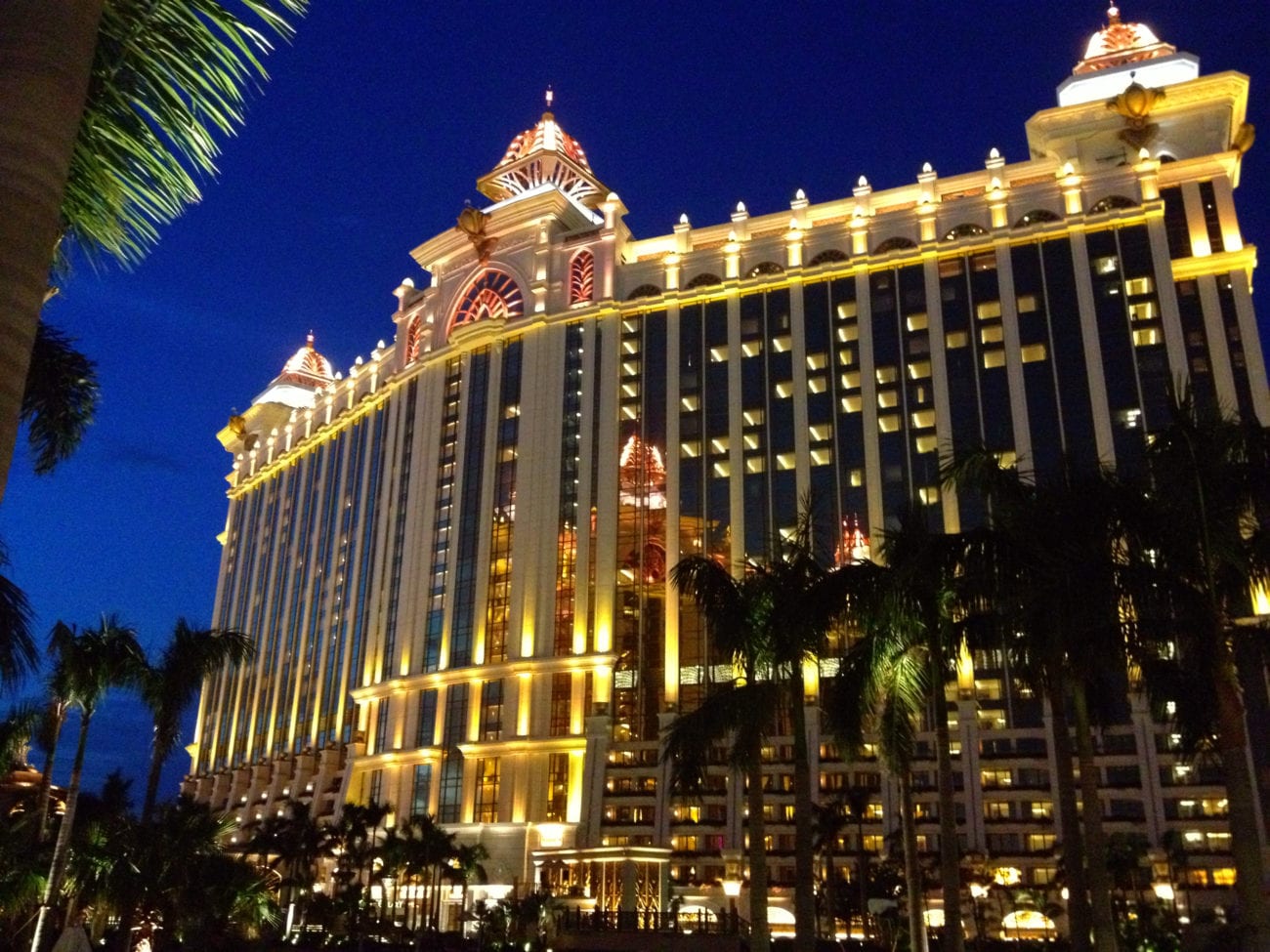Galaxy Entertainment revenue grows, but Macau restrictions continue to bite

Gross gaming revenue (GGR) across all of Galaxy’s properties came to HK$3.69bn, a 325.0% year-on-year increase.
VIP tables – at which players staked HK$27.83bn – made up HK$1.23bn of this GGR total, while non-VIP tables brought in HK$2.30bn on stakes of HK$10.10bn. Electronic gaming machines, such as slots, brought in HK$150m.
After accounting for commissions and incentives, the group’s gaming operations brought in HK$2.91bn in net revenue, up 390.7% year-on-year.
Non-gaming revenue from Galaxy’s resort operations came to HK$608m, up just over 150% from 2020.
A further HK$761m came from Galaxy’s construction materials division, up slightly from 2020. This meant the business recorded $4.28bn in overall revenue for the quarter, up 176.3%.
Breaking revenue down by venue, Galaxy Macau made up the majority of the operator’s income, with revenue up 353.3% to $2.84bn.
The GGR from this site came to HK$2.77bn, comprising HK$907m from non-vip table games, $1.74bn from VIP tables and HK$122m from electronic gaming machines.
When commissions and incentives were accounted for, net gaming revenue at Galaxy Macau, rose 353.0% to HK$2.28bn.
In addition to its gaming revenue, the Galaxy Macau resort brought in $288m in hotel, food and beverage revenue, plus $269m in mall revenue.
The StarWorld Macau, resort, meanwhile, brought in HK$794m in gross gaming revenue. Net gaming revenue was HK$627m, while food, beverages, hotel rooms and mall operations brought in a combined HK$37m, for a total of HK$664m.
The Broadway Macau resort – which does not include a full casino but does contain slot machines – brought in an additional HK$14m, though gaming revenue was negligible.
The operator’s City Clubs – a series of smaller casinos – brought in gross gaming revenue of $119m, but net gaming revenue was not revealed.
Galaxy Entertainment’s adjusted earnings before interest, tax, depreciation and amortisation (EBITDA) came to HK$503m, though its expenses for the quarter were not detailed.
Galaxy Entertainment chairman Lui Che Woo said that while the business was again hit by restrictions related to the Covid-19 pandemic in Macau, it has rebounded as these were eased.
“During Q3 both Mainland China and Macau experienced highly publicised periodic outbreaks of Covid-19,” he said. “As a result, selected travel restrictions were implemented during these periods which severely impacted Macau visitation and revenue.
“It is pleasing to note that once travel restrictions were lifted visitor arrivals quickly rebounded. This gives us confidence that there is pent-up demand for leisure, tourism, travel within Mainland China.
Lui added that the government of Macau had taken important steps to stamp out the virus in the region.
“We would like to again acknowledge the Macau Government for acting decisively to contain the most recent outbreak of Covid-19 including completing the mass testing of Macau’s residents,” he said.
The quarter also saw the Macau government launch a consultation into major changes in its gaming market. The proposals include limiting the number of licensees in the market and a proposal to add government representatives to the boards of licensees. Currently, Galaxy operates on a shared concession with Las Vegas Sands.
“The key points that were listed within the consultation paper were not a surprise to those who closely follow Macau,” Lui said, “We believe that the suggested proposals if implemented would improve the regulatory oversight of the industry, increase the sector’s transparency and secure the long-term viability of Macau’s most important economic pillar.”
